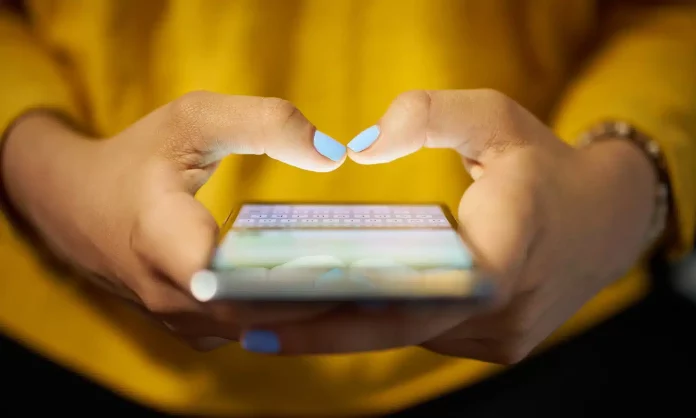Today, social media is a big part of students’ lives because it lets them connect, have fun, and share what they know. The impact on mental health is a worry. This article discusses how social media use affects students’ mental health, highlighting both the positive and negative effects and providing strategies for better social media use.
The Pressure of Social Comparison
It sites display perfect versions of real life, leading to student comparison. When your friends carefully choose posts about their looks, successes, and daily lives, it can make you feel bad about your skills and worth. This “comparison trap” can lead to a distorted view of reality when students feel their lives don’t meet their friends’ online standards. It’s crucial to understand that social media often only shows a small part of life and that constantly comparing yourself to these unrealistic standards can be bad for your mental health. College students can also suffer from mental health problems when they worry about their grades. Students who have to do work all the time might feel stuck. Students too busy to complete their work can get assistance from GrabMyEssay. Anytime you need help with schoolwork, you can click away and get help from a professional writer.
Cyberbullying and Its Consequences
On student mental health, cyberbullying has a significant impact. Cyberbullying, which can occur at any time and is ruthless, can make students feel open and helpless. Victims of cyberbullying often feel anxious and sad and have suicidal thoughts. Schools need to have strict rules against cyberbullying and ways for students who are being bullied online to get help.
Over-reliance on Digital Validation
Students may seek digital support of their worth by pursuing likes, shares, and comments on social media. Getting your sense of self-worth from other people’s praise can be bad for your mental health. If students base their happiness and sense of self-worth on how many likes or comments they get, they might feel bad about themselves if they don’t match up. As you land, look around this page to find ways to improve your mental health. It is important for students to have a sense of self-worth that isn’t based on what people say about them online. Please encourage students to participate in activities that increase their sense of worth and respect offline to mitigate the impact of digital support.
The Paradox of Social Connectivity
Too much use of social media can lead to loneliness, even though it is intended to bring people together. The more time students spend online, the less time they have to connect with people in real life, which is crucial for forming permanent relationships. A student’s mental health and social skills, which may already be poor from too much work, can be significantly impacted by the paradox of greater loneliness and connection. For the second one, hire essay writers online to reduce it. Now that you know your papers are safe, you can rest and improve.
Impact on Sleep and Concentration
Excessive use of social media, especially right before bed, can mess up sleep patterns, leading to bad sleep. Melatonin is a hormone that controls sleep. Screens give off blue light that stops the body from making it. Also, getting messages often and wanting to check social media can make it harder to concentrate, hurting your schoolwork and making you feel more stressed.
Distortion of Body Image and Unhealthy Comparisons
Many people on social media see body types and beauty standards that aren’t the way they are. Constant exposure to this information can lead students, especially those still growing, to form distorted views of their bodies. In the most alarming cases, this can lead to bad comparisons, body dissatisfaction, and even eating issues. Promoting body acceptance and diversity is crucial to change how people are presented in social media. As well as being critical of the media they see, students must understand how critical social media content is curated.
Impacts on Emotional Development and Empathy
Social media can also impact students’ mental health and ability to be kind. Online conversations should incorporate the nuances of face-to-face communication, such as tone, body language, and immediate emotional responses, which are crucial to understanding. Overuse of social media can impact people’s ability to connect with others in a way that shows sensitivity and makes them less alert to emotional cues. You can help students become more emotionally intelligent and understanding by telling them to balance the people they talk to online with those they talk to in real life.
Strategies for Healthier Social Media Use
To mitigate the toxic effects of social media on mental health, students can use the following strategies:
- Please stick to your social media time limits so you don’t spend too much time on it.
- Join in activities that put you in touch with real people.
- Read with a critical eye, and keep in mind that social media often presents a skewed view of reality
- Get help if using social media is making you worry a lot or if you are the target of cyberbullying.
Conclusion
Sometimes, It can make and break students’ lives. It has a significant and intricate impact on mental health, affecting things like social comparison, cyberbullying, loneliness, and difficulty sleeping and focusing. By using social media thoughtfully and fairly, students can gain from it while lowering its negative impact on their mental health. Parents, teachers, and students need to keep up with how to deal with the mental health effects of social media on students as technology changes.
